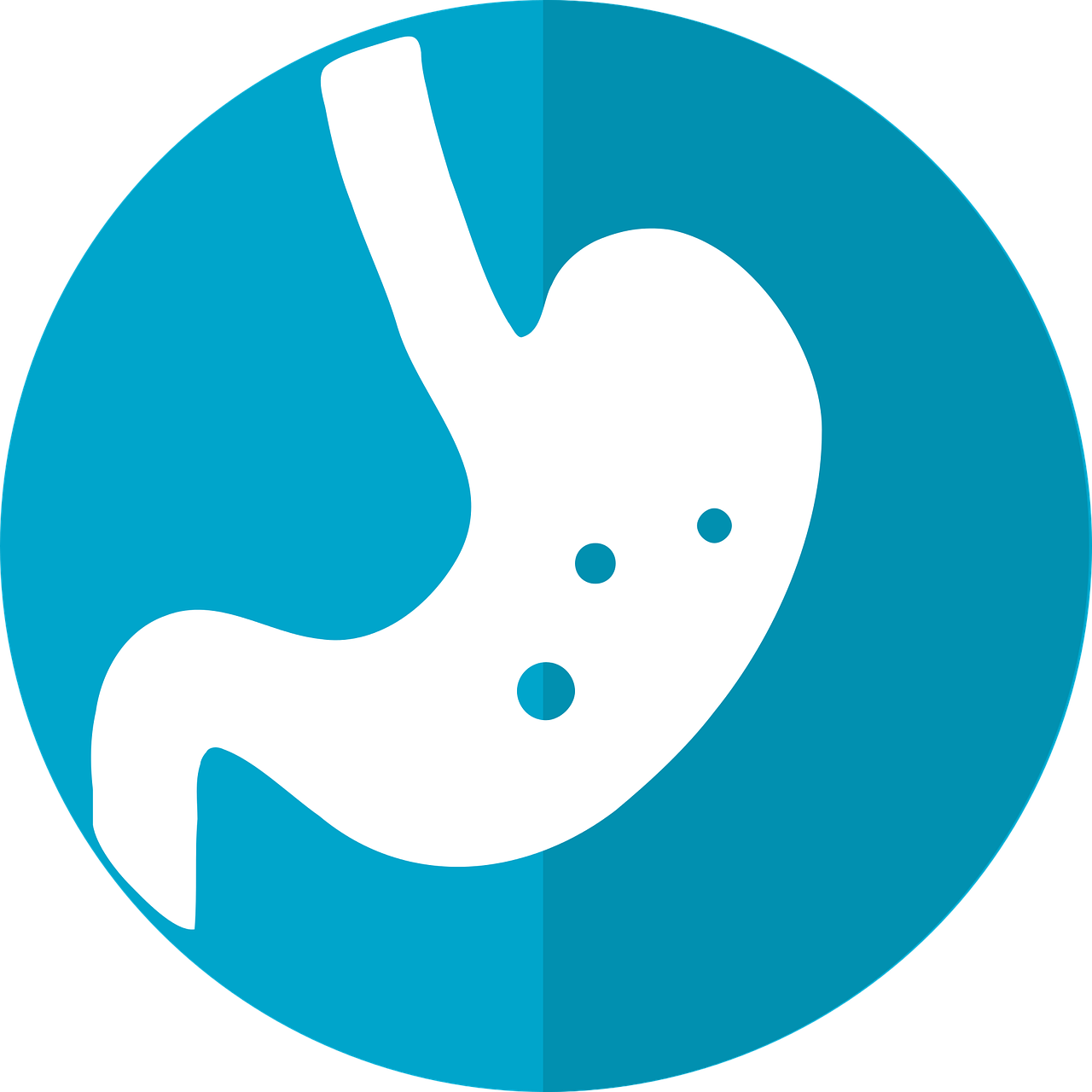Gastrointestinal reflux disease or Acid reflux (GERD) is a digestive tract disorder that occurs when acidic stomach juices, fluids, or food reverse back from the stomach to the oesophagus. People of all ages, from infants to older adults, may develop this digestive system problem. People who have asthma are more likely to get this stomach issue. Mild acid reflux occurs at least twice a week, or moderate to severe backflow of the stomach acid occurs at least once a week. A lot of people can manage the discomfort associated with GERD by following certain lifestyle changes and OTC treatments. But in other cases, a stronger medicinal treatment may be required to ease symptoms.
Symptoms
Every individual witness gastroesophageal reflux at least once in their lifetime. It can cause an uncomfortable feeling in your chest, which can spread to your neck. The condition is often known as heartburn. If you develop acid reflux (GERD), you might develop a sour taste at the back of your mouth. It might bring the food again from your stomach to your mouth.
In some cases, acid reflux may also contribute to swallowing related difficulties. It may cause breathing issues such as chronic cough and asthma. Other signs and symptoms that develop less frequently but could be an indication of GERD are excess of saliva in mouth, hoarseness, sore throat, bad breath, inflammation of the gums, cavities, and chest pain.
GERD Causes
Lower esophageal sphincter or LES is a mand of muscles located at the end of the esophagus. When it is normal, it relaxes and opens when you swallow food, then it tightens and closes again. You may develop Acid reflux (GERD) develops when your LES doesn’t close properly. This causes the stomach acids and other contents in the stomach to increases into your esophagus. Conditions that may increase your risk of GERD include pregnancy, obesity, delayed stomach emptying, a connective tissue disorder, or hiatal hernia.
Furthermore, factors that may worsen your stomach problem include smoking, alcohol consumption, eating fatty or fried foods, eating heavy meals at night, or taking medications like aspirin. Over time, inflammation of the esophagus may cause narrowing of the esophageal stricture, which ultimately lead to problems with swallowing. Excessive stomach acid may lead to the formation of an open sore. Esophageal cancer may develop, which can cause pain and bleed to cause swallowing difficulties.
Treatment and Management of GERD
If you have GERD, and you are looking for a way to relieve the symptom of GERD, your health care specialist might ask you to make lifestyle changes such as changes to your behaviour and eating habits. He or she might also suggest you take over the counter medications, which includes antacids to get rid of the stomach problem. If dietary changes and OTC products are unable to provide relief then see a doctor, he can prescribe medications like Vomistop 10 mg to reduce acid in the stomach. Such drugs are a means to treat a condition like acid reflux or GERD and associated inflammation of the esophagus.
In some cases, surgery is also an option to treat GERD symptoms. In the case when acid reflux is caused by a hiatal hernia or by a loose valve between the stomach and the esophagus. There are different types of surgery for GERD, discuss with your doctor to find the best treatment option. Talk to a doctor to receive the best treatment for acid reflux (GERD).
Also Read: Does Alcohol Cause Acid Reflux?



